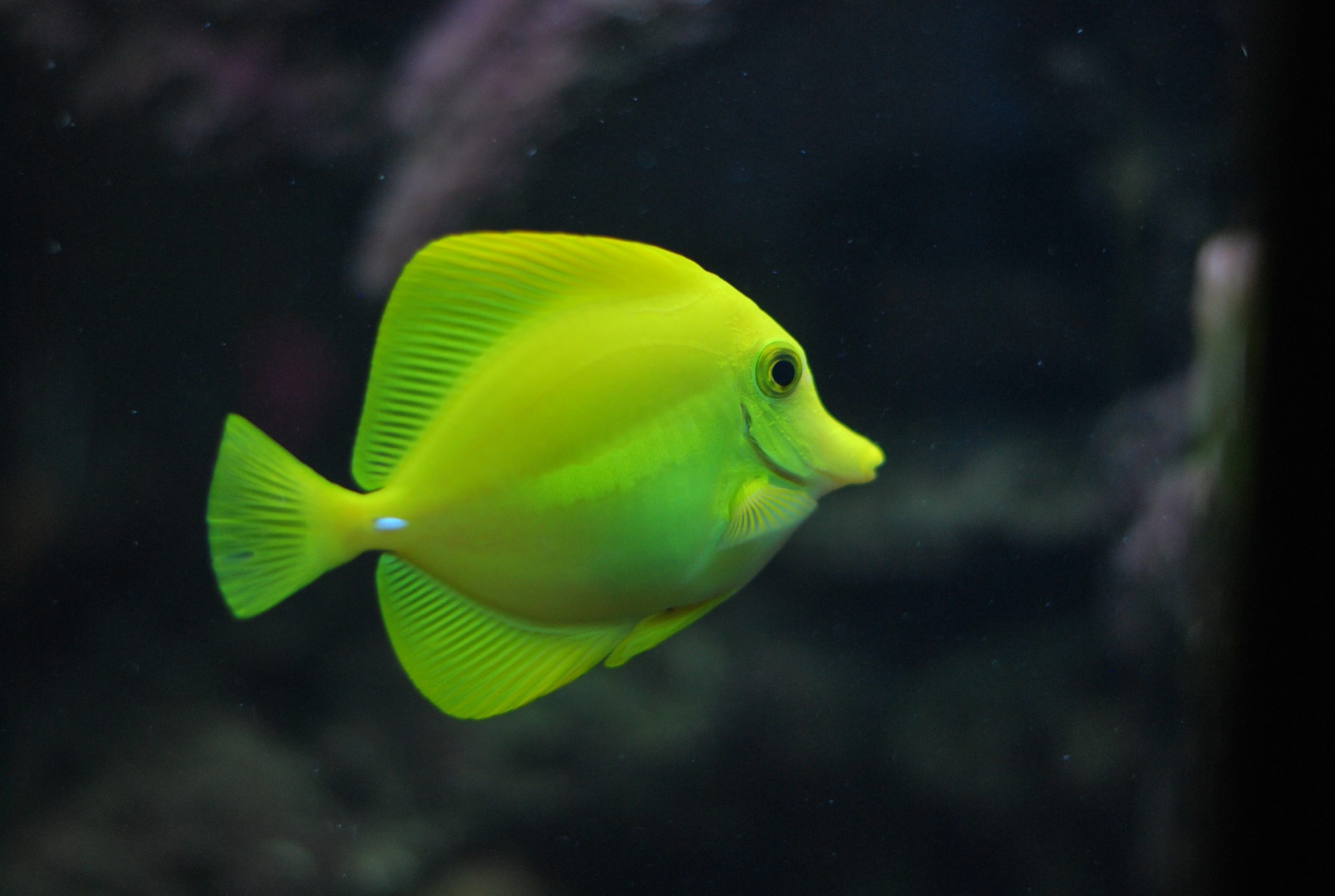5 Ethical Issues in the Fishing Industry You Should Know About
Over the past decade, the demand for fish and fish products has increased substantially. From salmon for dinner to fish scales in beauty products, consumer and corporate demand for fish are up. However, the fishing practices employed to increase production and meet these “needs” are not sustainable and may be detrimental to marine ecosystems in the future if no changes happen.
These are some of the most important ethical issues in the fishing industry that you should be aware of.
1. Overfishing depletes fish populations.
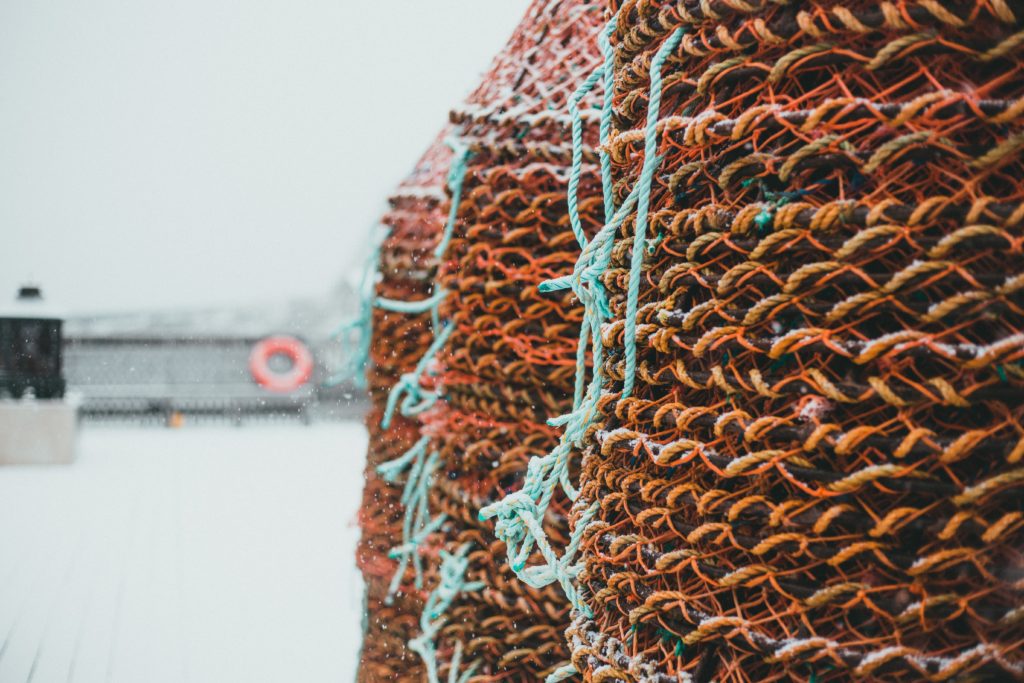
Overfishing is one of the biggest causes of declining ocean wildlife populations and a major problem with the modern fishing industry. Overfishing occurs when fish are caught faster than they can reproduce. This depletes fish populations over time, putting species like albacore tuna, bluefin tuna, Atlantic cod, and monkfish at risk of endangerment or extinction. Removing too many fish from the ocean severely disrupts the food chain.
2. Accidentally caught bycatch contributes to overfishing.
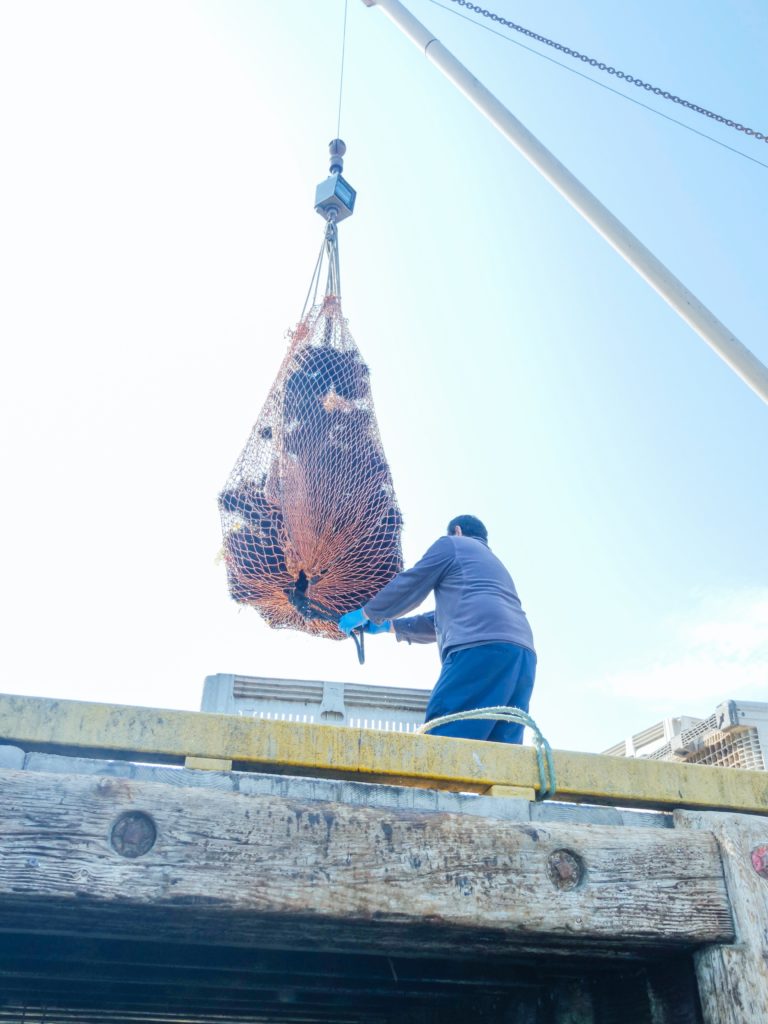
Bycatch is related to overfishing and occurs when marine life that are not intentionally targeted by fisheries are accidentally caught in the fishing process. Bycatch can include turtles, dolphins, coral, whales, birds, and many types of non-target fish. This happens at a massive global scale — about 40% of worldwide fish catch is bycatch. While bycatch is thrown back into the water, many of these animals that are accidentally caught suffer injuries or die. This contributes to overfishing and the risks associated with the practices, making it more difficult to rebuild populations.
According to a Reuters article, the Monterey Bay Aquarium estimates that for every pound of shrimp caught, another six pounds of other species are discarded.
3. Illegal fishing is common and easy to get away with.
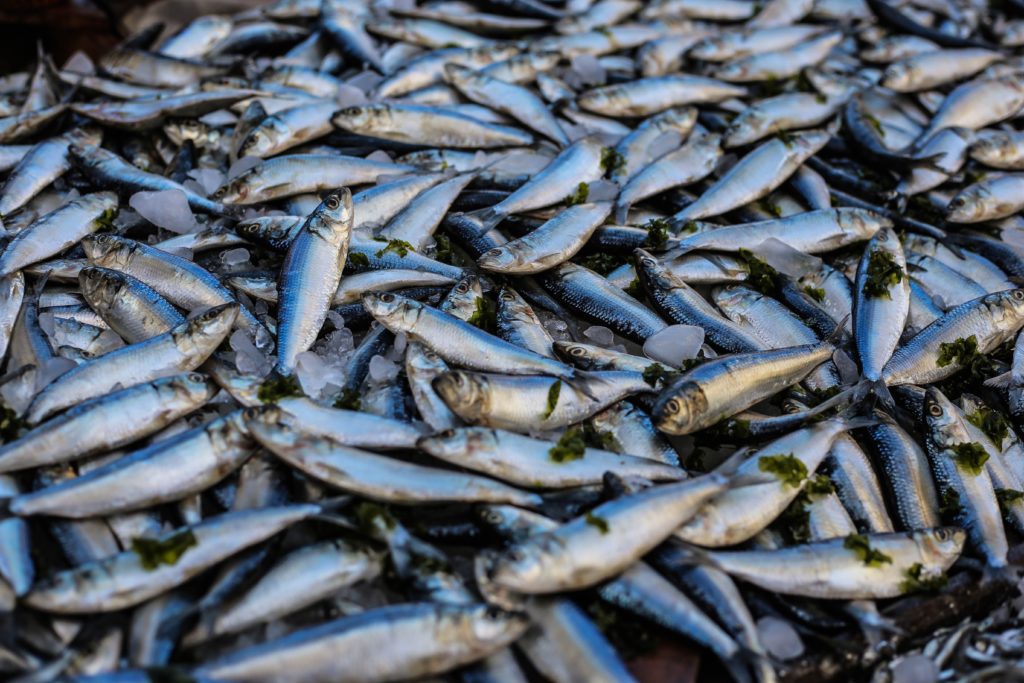
With demand for fish and seafood increased and more populations of fish species on the decline, illegal fishing is a widespread problem. The reason it is so common is because it’s difficult to tell when fish are illegally captured, and therefore, illegal fishermen’s chances of getting caught are low. Illegal fishing activities include: fishing without a license, fishing prohibited species, fishing over quota, keeping undersized fish, catching fish during off-season, or using illegal equipment or catching procedures. A better system of enforcement is needed to better protect the environment.
4. Bottom trawling destroys ocean floors.
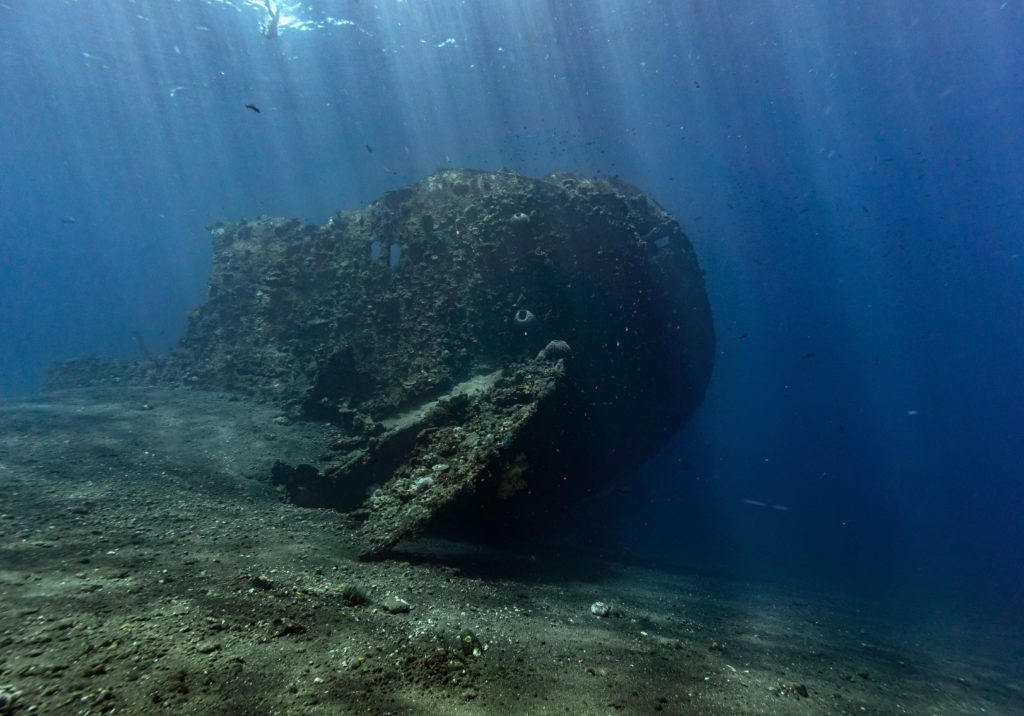
Bottom trawling involves dragging a huge, weighted net along the bottom of the ocean in an effort to capture all of the fish in its path. However, bottom trawls don’t just capture targeted fish — they destroy plants, coral, sponges, and catch other marine animals in the process. Bottom trawling causes serious damage to the ocean floor by eliminating shelter, food sources, and safe places to breed.
5. Fish feel pain.
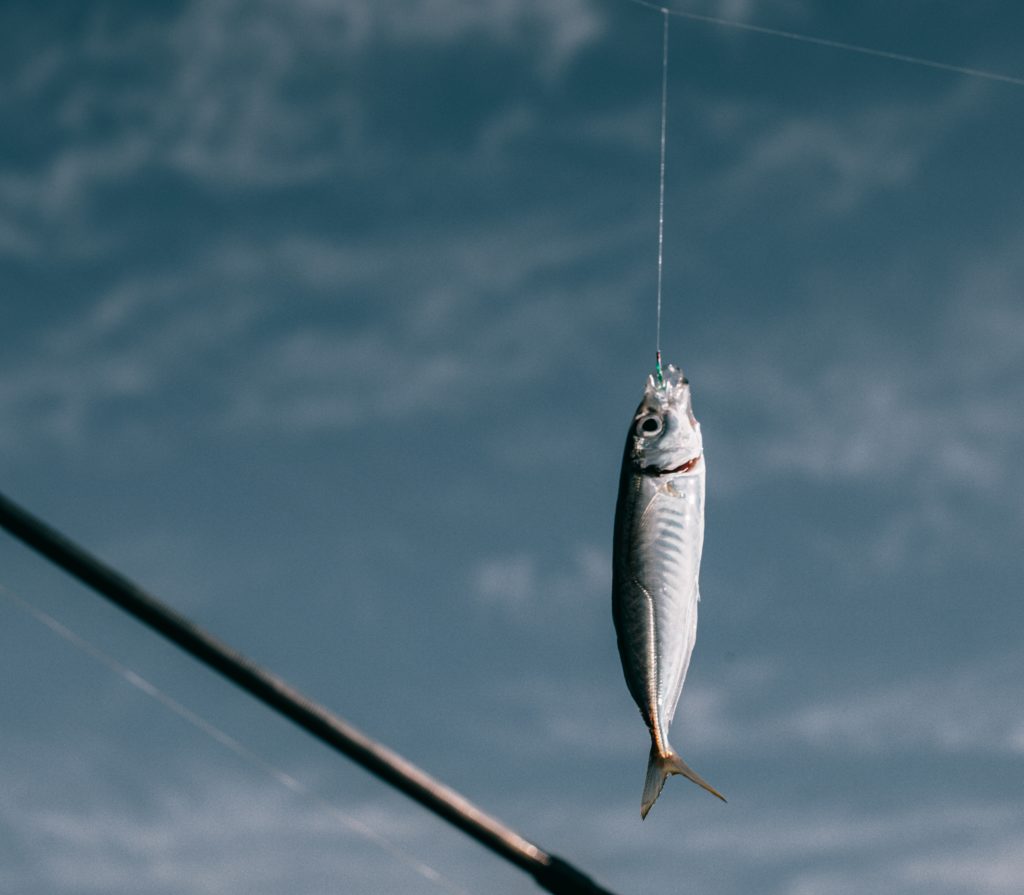
For some reason, there has been a common misconception that fish feel no pain when they are caught with a fishing hook. However, researchers have found that fish do experience pain and learn to avoid it, similar to other animals. Fish have pain receptors in their mouths and heads — exactly where they would be caught by a hook.
Want to know more about the ethical issues of other industries? Check out these posts:
- The 3 worst ethical issues of the dairy industry
- The ethical issues of the meat industry you need to know about






